BANJA LUKA. 06.12.2017. – As we are used to economic/financial problems in Bosnia and Herzegovina as first among many reasons for failure in personal progress, professional dedication and any other sphere of life, we shall release the readers of this text of any expectations that this will not be one of the dominant topics of this article, as well.
Modern time brought to world journalism innovation in creation and placement of media contents, reconstruction in media and their organization, as well in audience availability. In Bosnia and Herzegovina, these changes opened new questions, but they have also found their place shoulder to shoulder with old problems. This article will deal questions of censorship and self-censorship, i.e. limitations and self-limitations of free media expression. Censorship and self-censorship are consequence of several media problems, such as: journalist’s work conditions, commercial and political interests, ideological profiling, lack of education and inefficient legislation.
The existential fear of journalists
A positive aspect that enables a more detailed analysis of these phenomena in the media space of Bosnia and Herzegovina is the increase in media research, both in our country and in the region. These researches are conducted with great passion representatives of academia and media experts, with an inevitable link with the non-governmental sector aimed at constantly improving media opportunities.
In a recently published study based on empirical research of media actors in B&H – Media and Shrinking Space in Bosnia and Herzegovina, some of the basic problems among journalists are listed, of which for our main topic we highlight the following: journalists work a large number of stories every day; they are underpaid and have no time to make the story quality; media owners have commercial interests; a considerable part of the journalists are divided along the ideological line; due to political and economic impact, a large number of journalists agrees to censorship and self-censorship for fear of losing their jobs or suffering financial sanctions[1]. For example, if the owner or editor needs a story created in a certain way, and the journalist refuses to work in a manner that is in confrontation with professional standards, guided by business logic, the owners will find someone who will. In such a plot in which the owner possesses a monopoly threat that can be activated again and again, the journalist lends himself to the demands of the more powerful and often becomes the target of what Umberto Eco called the semiological guerrilla today positioned on the wings of social networks. In addition, what also contributes to the censorship is continuous degradation of journalistic work through the refusal of publishing hardly made stories.
Self-censorship is particularly manifested in the media through journalism devoted to a particular political option or party. Media researches found examples of political bias during election campaigns in B&H. Through the monitoring of the Local elections in B&H in 2016, there were examples where certain political parties and candidates are given greater media space than to all other parties and candidates, or where are already elected officials were privileged by greater use of the media space[2]. Such concessions are reflected in the creation of program schemes, as well in the content of the program itself, which is a significant violation of impartiality and objectivity in reporting. It leads to the fact that journalists “must choose between ethics and professionalism, on the one hand, and existence, on the other“[3].
The results of a survey conducted within the regional project Regional Platform for Advocacy on Freedom of the Media and Security of Journalists in the Western Balkans showed how free journalists feel in doing their job. “The survey has shown that the highest influence on the work of journalists have their superiors and higher editors, for 76% of respondents. The smallest influences on journalists have their colleagues from their or other media, less than 1%. 48% of respondents answered that government officials partially affected their work, while 44% of respondents answered that politicians partially affected their work. A small number, less than 1% of respondents, argues that politicians do not influence the work of journalists“[4].
Self-censorship produces censorship
The solution to the problem of censorship and self-censorship is in the observation of the type of media ownership, nor in the different types of media. Namely, the source of self-censorship is in the fear of the journalist: fear of pressure, fear of the editor, existential fear. They all have a foothold in the political and economic elites that in one way or the other have an impact on the workplace – through media funding, the influence on the choice of management structures in the media etc. Self-censorship produces a censorship that most often manifests in: editors who are subject to political pressure or placed in positions due to political suitability, ignore high-quality stories on certain topics, as direct censorship make no sense – even media owners know they can bear consequences. By ignoring important topics of public interest, journalists create cognitive schemes that reject such topics as irrelevant.
Legislative shortcomings open up the potential for impact that is difficult to prove or – worse – their eventuality is not liable. When it comes to legislation, the disadvantages we are talking about are not related to the content of the law – moreover, media legislation in BiH is considered one of the best in the world. However, the shortcomings regarding the transparency of media ownership and the transparency of media financing are some of the reasons why Bosnia and Herzegovina took the 65th place[5] in the World Press Freedom Index among the 180 countries in the Reports without Borders report for 2017.
Public condemnations of verbal attacks on journalists, as well as their interference in doing their job are not in themselves sufficient to deny the journalist self-censorship as a mechanism for securing survival and work in the profession. Public protests are organized on several occasions, but as with other civil protests, there is an absence of citizens’ solidarity with journalists. Online platforms to help reporters in the region are a good example of an institutionalized approach to registering and reporting attacks on journalists. Apart from achieving visibility and better echoes in the public what journalists are going through, an additional message has been sent to the competent authorities that they have no excuse not to act proactively in protecting media workers. This may be the culmination of the scope of these organizations in dealing with specific applications, as they do not have any jurisdiction to act upon the application or the pronouncement of a sanction.
Digitization searches for cheap, not competent and brave journalists
New forms of reporting available to traditional media, as well as to new media, completely change the image of journalism from the last several decades. These innovations are challenging for long-time journalists and editors and to the audience – addition to the content and possibilities for informing. Certainly, digitalization implies the need for adequate skills of those who want to use all of its possibilities in the media: podcasts as news media, social networks, interactive platforms, data journalism, etc. According to the latest report by the International Center for Journalists (ICFJ), only a third of the world’s editorial offices use digital tools. In our environment, new media have just caught up and their development, in all likelihood, will depend on parallel informational and media education of the audience. Given that media literacy is low in B&H, the disorder of the online sphere combined with false news and the flood of clickbait titles more often produces misconception and misinformation. Taking into account the previous context in which media owners are more focused on profit than on the production of objective, accurate and verified information, “a significant part of the media does not require professionals, but a cheap workforce that will not work on quality research stories, but gives primacy to quantity of published content in the media“[6].
On the other hand, new media have brought the largest amount of space for local media, making it easier to place local topics to targeted audiences. Editor of BLMojGrad.com, Igor Požgaj, before founding of this local media, has experienced work in the public service (Radio-televizija Republike Srpske – RTRS) and private media house (Alternativna televizija – ATV). Asked about the differences in editorial and journalistic work in traditional and new media, he says: “I have been working as a journalist for almost twenty years and I know that there is one basic rule – you are a journalist or you are not. Wright there ends the story about the pressure ends for a journalist, because a journalist cannot and does not work in editorial offices where someone unprofessionally interfere his work. On the other hand, we have most of the media workers who are forced to call themselves journalists. This is the essence of journalism and pressures. I started to work or, to put it more correctly, to learn my work at ATV 20 years ago. I was fortunate enough that the editor-in-chief was the greatest journalist I had ever met, and that ATV was then a financially independent house, and that nobody could impede into the work of the Desk. For marketing workers at the time, there was an unwritten rule that they should not enter the Desk. On this basis, I began to learn and build a journalistic “career”, and so it remains to this day. I never “suffered” pressures because I did let them in. Of course, there are certain types of pressures to – I repeat – “media workers” and they depend on how intelligent, educated or educated a person is doing them. So, these pressures can manifest as the full writing of the text, instructing the media worker to take a statement, or threat of dismissal“.
Journalists’ associations and media researchers’ analysis confirmed the saying: “In fear the eyes are big”[7]. Non-familiarity with regulations and laws often reflects on defects in media reporting, but in the case of regulations and laws concerning media rights and freedoms, there is a problem of self-censorship.
Difficulties in determining censorship
Difficulties in determining censorship is also contributed by the way and the openness of pressures – the experience and skills of the owners and editors will influence what a mental scheme and working pattern will be created by a media worker. “Intelligent, educated people who make pressure, do that much more subtle and painless. Simply directing the text or story in the direction in which it wants to go, with the worker in the media believing and thinking that this should be done so. This is not a comparison between ATV and RTRS editorials. These are just some of the models that exist as such in all media houses that put money in front of the profession, “said Požgaj.
Undoubtedly, without adequate material support, there is no quality journalistic work (big research stories often require certain resources). However, local media indicate that responsible journalism can also be achieved through local issues, through changes and answering questions at the local level. With such goals set, online local media has a much greater chance of survival. Our interlocutor answers the question of the sustainability of his web page: “BLMojGrad page won the trust of the citizens of Banja Luka in record time, which reflected excellent reading. The rules on the Internet are simple and cruel. How much they read you, that is how much you worth, or so much worth the ads. BLMojGrad’s editorial office is the largest in the Republic of Srpska and has the lowest costs. Journalists of the portal are citizens of Banja Luka, who make photos, ask, fight for their neighborhood, for a better life in their city. In journalism there is no money, only the name and surname of journalists”.
Although the judgment of censorship and self-censorship must not be hasty, and the guilt reduced to the journalist, which would release the public (in the sense of Eko’s semiological guerrilla) of any responsibility, for the benefit of the journalistic profession, however, we conclude that any censorship is ultimately detrimental to the media. Its consequences are undermining the functions and purpose of the journalistic vocation, and in the long run they overturn the successes of those individuals who have struggled hard for freedom of words and thoughts. In conclusion, in order not to deprive this text of understanding the struggle of those who lead it, we quote the words of Danilo Kiš: “The struggle with the censorship is public and dangerous, therefore heroic, while the struggle with self-censorship is anonymous, lonely and without a witness, therefore in the subject provokes a feeling humiliation and shame for collaborationism“[8].
[1] Turčilo, Lejla i Buljubašić, Belma. (2017). Mediji i shrinking space u Bosni i Hercegovini. Sarajevo: Heinrich Böll Stiftung. p. 44.
[2] Finalni izvještaj o monitoringu izvještavanja medija u predizbornoj kampanji – Lokalni izbori 2016, Udruženje/Udruga BH novinari. Downloaded from: http://bhnovinari.ba/bs/2016/12/20/finalni-izvjetaj-o-monitoringu-izvjetavanja-medija-u-predizbornoj-kampanji-lokalni-izbori-2016/, 20.11.2017.
[3] Turčilo, Lejla i Buljubašić, Belma. (2017). Mediji i shrinking space u Bosni i Hercegovini. Sarajevo: Heinrich Böll Stiftung. str. 46.
[4] Adilagić, Rea. (2016). Indikatori nivoa medijskih sloboda i bezbjednosti novinara [BOSNA I HERCEGOVINA]. Sarajevo: Udruženje/Udruga BH Novinari. p.7.
[5] https://rsf.org/en/bosnia-herzegovina
[6] Turčilo, Lejla i Buljubašić, Belma. (2017). Mediji i shrinking space u Bosni i Hercegovini. Sarajevo: Heinrich Böll Stiftung p. 45.
[7] http://analiziraj.ba/2017/05/19/zasto-se-novinari-plase-da-pisu-o-politici-i-politicarima/
[8] Danilo Kiš. 1995. Cenzura/autocenzura. U: Život, literatura. Sabrana dela Danila Kiša. Beograd: Beogradski izdavačko-grafički zavod. p. 97-102
 This article has been produced as a part of the project Western Balkan’s Regional Platform for advocating media freedom and journalists’ safety with the financial assistance of the European Union. The contents of this article are the sole responsibility of the BH Journalists Association and its authors, and can in no circumstances be regarded as reflecting the position of the European Union.
This article has been produced as a part of the project Western Balkan’s Regional Platform for advocating media freedom and journalists’ safety with the financial assistance of the European Union. The contents of this article are the sole responsibility of the BH Journalists Association and its authors, and can in no circumstances be regarded as reflecting the position of the European Union.


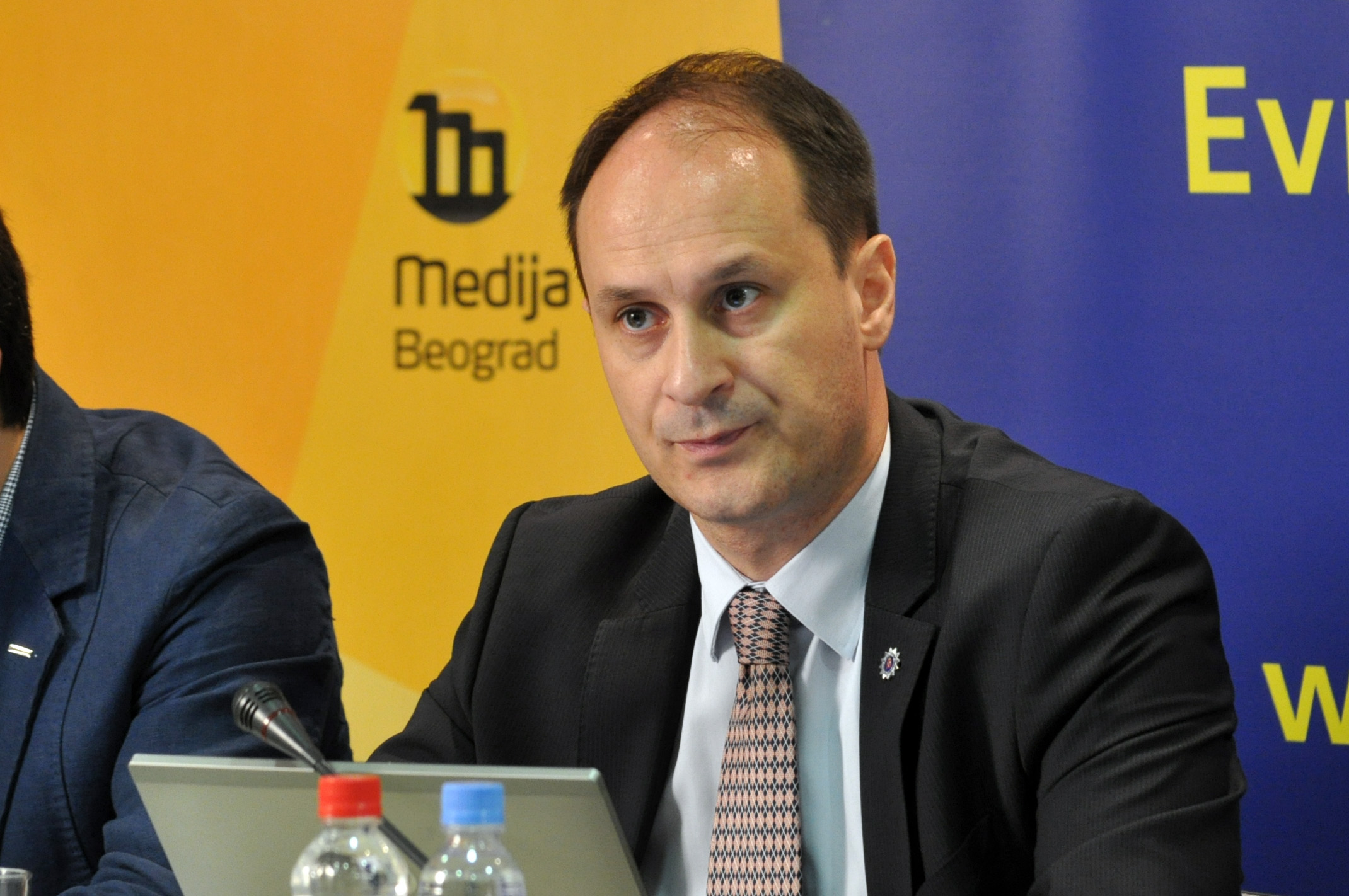
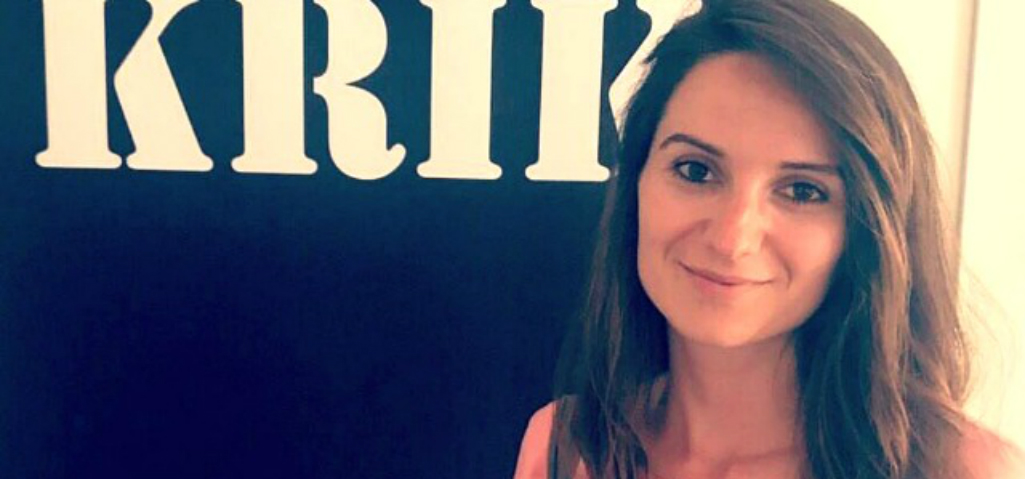


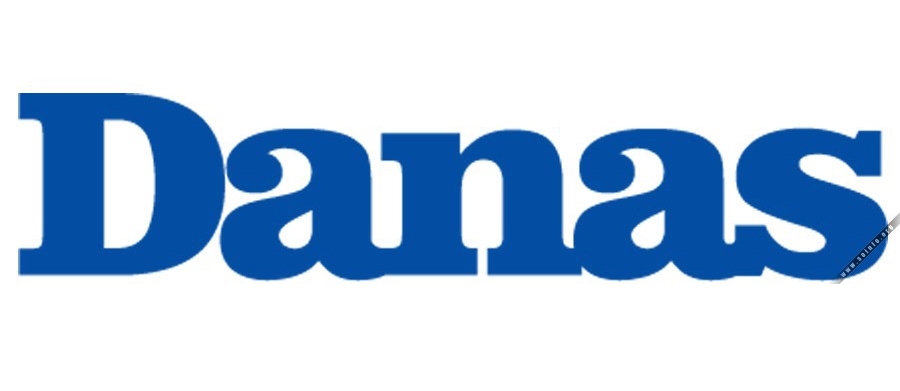
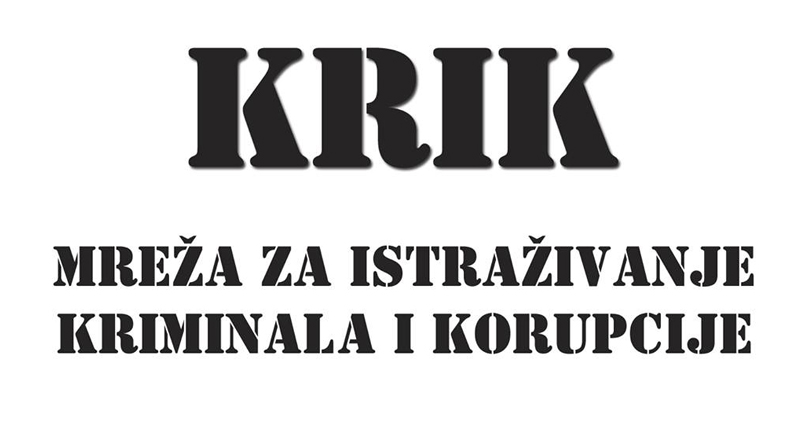
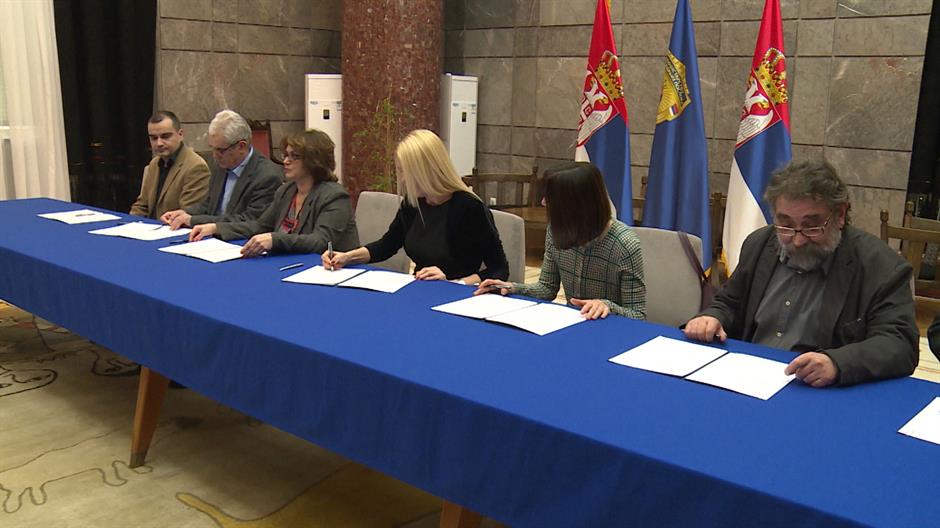
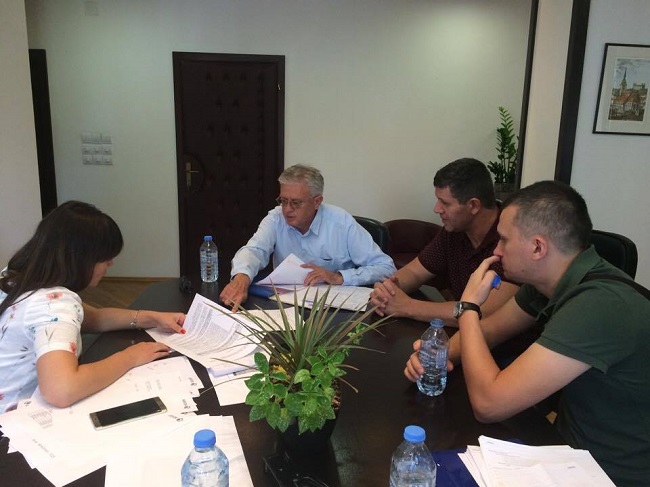

 This article has been produced as a part of the project Western Balkan’s Regional Platform for advocating media freedom and journalists’ safety with the financial assistance of the European Union. The contents of this article are the sole responsibility of the BH Journalists Association and its authors, and can in no circumstances be regarded as reflecting the position of the European Union.
This article has been produced as a part of the project Western Balkan’s Regional Platform for advocating media freedom and journalists’ safety with the financial assistance of the European Union. The contents of this article are the sole responsibility of the BH Journalists Association and its authors, and can in no circumstances be regarded as reflecting the position of the European Union.